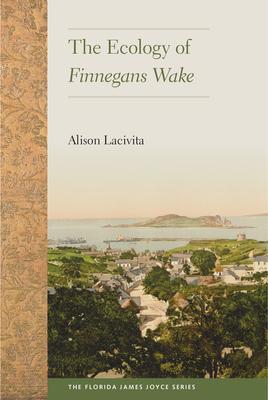
In this book--one of the first ecocritical explorations of both Irish literature and modernism--Alison Lacivita defies the popular view of James Joyce as a thoroughly urban writer by bringing to light his consistent engagement with nature. Using genetic criticism to investigate Joyce's source texts, notebooks, and proofs, Lacivita shows how Joyce developed ecological themes in Finnegans Wake over successive drafts. Making apparent a love of growing things and a lively connection with the natural world across his texts, Lacivita's approach reveals Joyce's keen attention to the Irish landscape, meteorology, urban planning, Dublin's ecology, the exploitation of nature, and fertility and reproduction. Lacivita unearths a vital quality of Joyce's work that has largely gone undetected, decisively aligning ecocriticism with both modernism and Irish studies.
In this book--one of the first ecocritical explorations of both Irish literature and modernism--Alison Lacivita defies the popular view of James Joyce as a thoroughly urban writer by bringing to light his consistent engagement with nature. Using genetic criticism to investigate Joyce's source texts, notebooks, and proofs, Lacivita shows how Joyce developed ecological themes in Finnegans Wake over successive drafts. Making apparent a love of growing things and a lively connection with the natural world across his texts, Lacivita's approach reveals Joyce's keen attention to the Irish landscape, meteorology, urban planning, Dublin's ecology, the exploitation of nature, and fertility and reproduction. Lacivita unearths a vital quality of Joyce's work that has largely gone undetected, decisively aligning ecocriticism with both modernism and Irish studies.
Paperback
$31.11